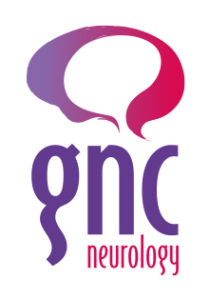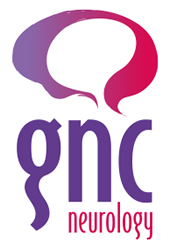Understanding the Long-Term Effects of Traumatic Brain Injury (TBI)
Introduction
Traumatic Brain Injury (TBI) is a serious condition that can have lasting effects on cognitive, physical, and emotional health. While some individuals recover fully, others experience long-term complications that impact their daily lives. Understanding these effects is essential for effective management and rehabilitation.
Cognitive Long-Term Effects of TBI
One of the most significant consequences of TBI is cognitive impairment. Common cognitive issues include:
-
Memory loss – Difficulty recalling past events or forming new memories.
-
Reduced concentration – Struggles with focus and attention span.
-
Problem-solving difficulties – Impaired ability to make decisions and process information.
-
Language and communication issues – Challenges in understanding or expressing thoughts clearly.
Physical Long-Term Effects of TBI
Beyond cognitive changes, TBI can also lead to persistent physical symptoms, such as:
-
Chronic headaches and migraines – Ongoing pain that may require medical intervention.
-
Dizziness and balance problems – Increased risk of falls and coordination issues.
-
Fatigue and sleep disturbances – Difficulty sleeping or excessive daytime sleepiness.
-
Motor impairments – Weakness, tremors, or muscle stiffness affecting mobility.
Emotional and Behavioral Changes After TBI
Many individuals with TBI experience emotional and behavioral changes, including:
-
Depression and anxiety – Mood disorders that can impact overall well-being.
-
Irritability and aggression – Increased frustration and difficulty managing emotions.
-
Personality changes – Noticeable differences in behavior or social interactions.
-
Post-Traumatic Stress Disorder (PTSD) – Psychological distress following a traumatic event.
Strategies for Managing Long-Term TBI Effects
While TBI recovery varies from person to person, several strategies can improve quality of life:
-
Neurorehabilitation programs – Comprehensive therapy to restore cognitive and physical function.
-
Medication management – Addressing symptoms such as headaches, depression, or sleep issues.
-
Cognitive therapy – Enhancing memory, focus, and problem-solving skills.
-
Physical therapy – Improving strength, coordination, and mobility.
-
Psychological support – Counseling and therapy to address emotional and behavioral challenges.
The Importance of Ongoing Care
Managing TBI’s long-term effects requires ongoing medical support, lifestyle adjustments, and a strong support system. If you or a loved one is experiencing persistent TBI-related challenges, seeking professional help is crucial for long-term well-being.
Conclusion
Understanding the long-term effects of traumatic brain injury is key to developing effective treatment and rehabilitation plans. At GNC Neurology, we offer specialized TBI rehabilitation programs designed to improve cognitive, physical, and emotional health. If you need support, contact us today to explore your treatment options.
Related Blogs
Stay informed with our latest articles on TBI treatment and recovery:
Traumatic Brain Injury (TBI) in the UK – A Growing Concern
Traumatic Brain Injury (TBI) in the UK – A Growing Concern Understanding Traumatic Brain Injury (TBI) and Its Impact Traumatic Brain Injury (TBI) is...
A guide to Traumatic Brain Injury
Traumatic brain injury (TBI) is an acquired brain injury that usually results from a blow or jolt to the head or body. An object that goes through...

